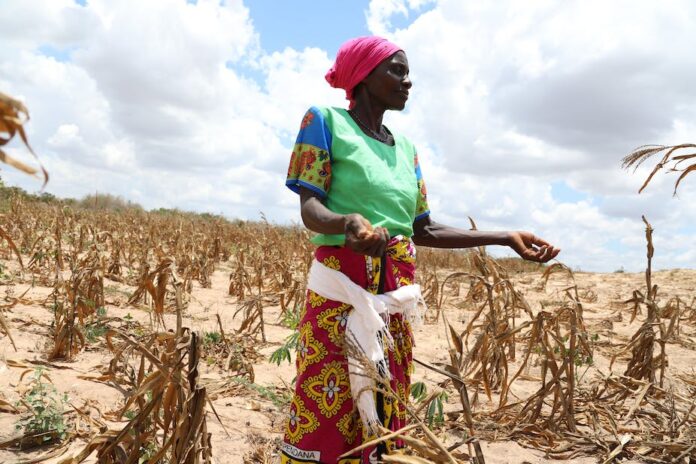For Africa to unlock the full potential of extractive industry especially, hydrocarbon resources, regional governments must deepen regulatory reforms, promote fiscal transparency and align investment incentives with global standards, while also building regional partnerships to share critical infrastructure and mitigate security threats.
Africa’s oil and gas sector, though rich in natural reserves, continues to lose billions in potential revenue due to chronic infrastructure gaps, according to Deloitte’s latest West Africa Oil and Gas Outlook 2025.
Deloitte, further identified five interlinked challenges facing the oil and gas sector on the African continent, to include; constrained access to funding for independents, persistent cost premium effect, unabated security threats to critical infrastructure, limited regulatory collaboration and insufficient enabling infrastructure.
While some of these issues are structural and longstanding, the report highlighted that others have been exacerbated by new political, economic, and energy transition dynamics.
Together, these challenges define a uniquely African landscape for 2025, one that demands adaptive thinking and long-term resolve.
Meanwhile, the report says access to capital remains the most defining pressure point for the region’s independent oil producers.
“While international oil companies (IOCs) continue to operate with deep financial buffers and global portfolio balance sheets, African independents face tightening margins and investor hesitancy.
The ESG [Environmental, Sustainability and Governance] pressures, divestment from fossil fuels, poor corporate governance practices, and perceived regulatory and political risks in African markets have made capital both scarce and expensive”, the report mentioned.
According to the report, this capital drought has led to a concentration of additional investments among those few big players with access.
Beyond financing constraints, Deloitte underscored that the lack of cross-border regulatory collaboration and the limited development of enabling infrastructure, including pipelines, refineries and storage facilities, continue to impede efficiency and value addition within the sector.
The report concluded that for Africa to unlock the full potential of its hydrocarbon resources, governments must deepen regulatory reforms, promote fiscal transparency and align investment incentives with global standards, while also building regional partnerships to share critical infrastructure and mitigate security threats.

